Back to Courses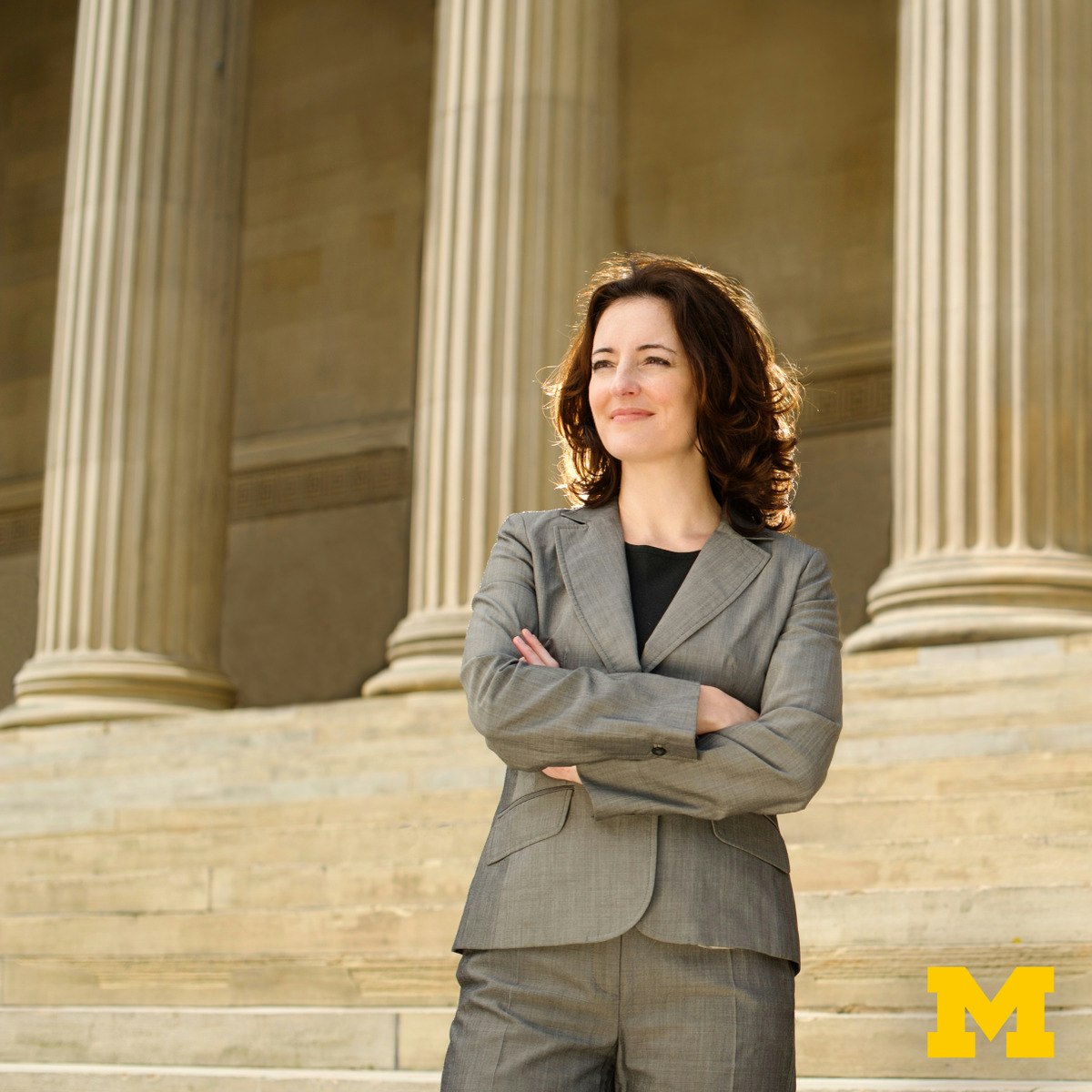

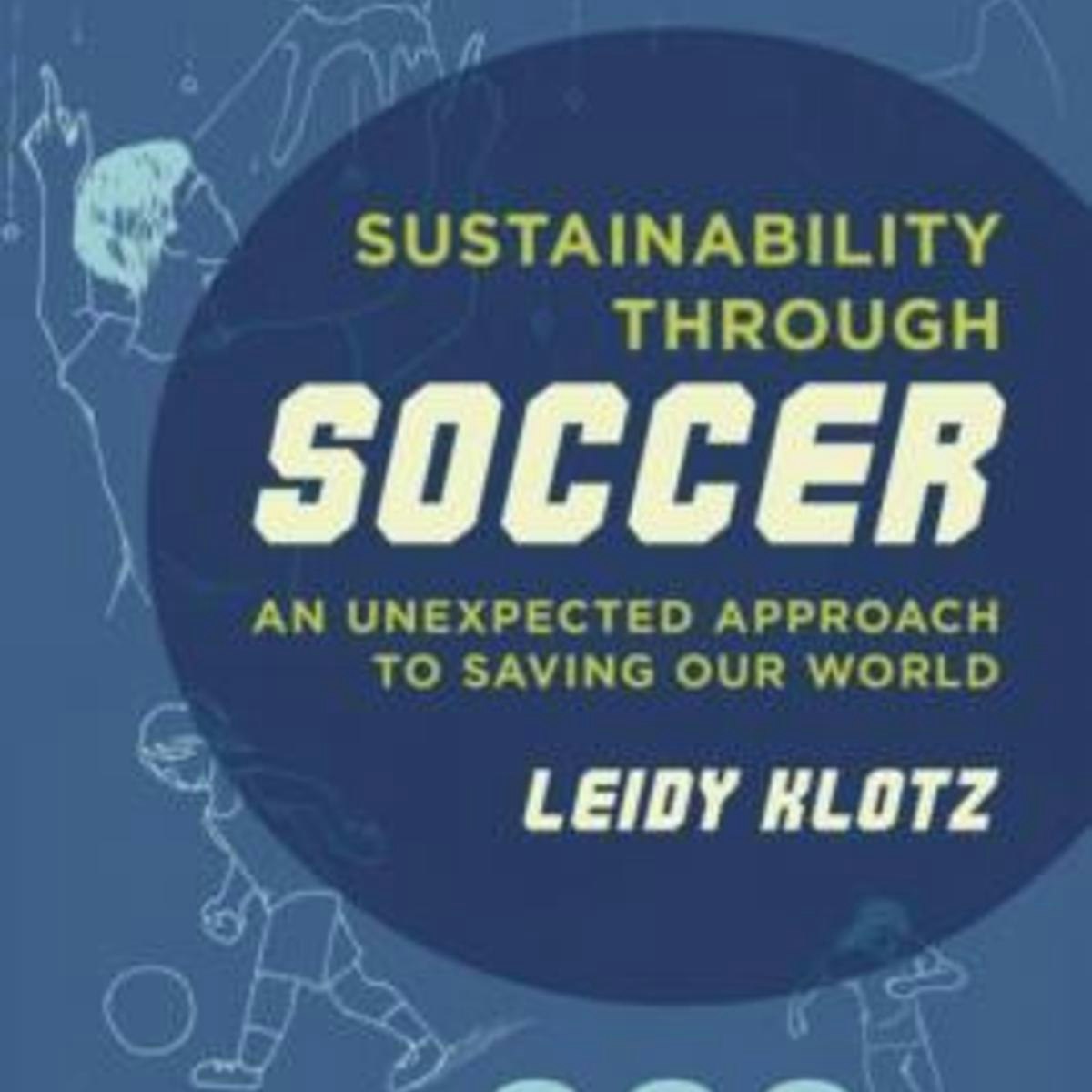

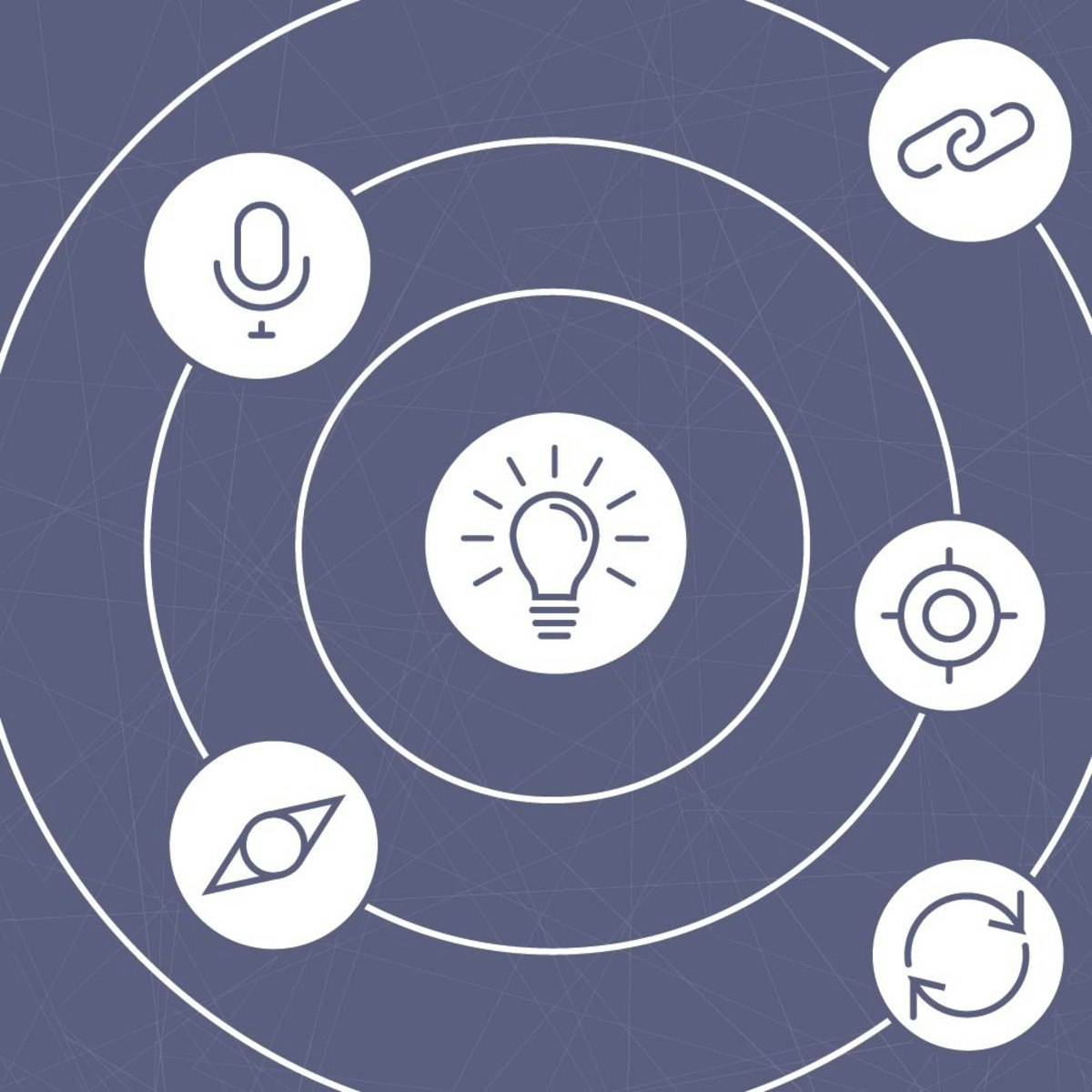
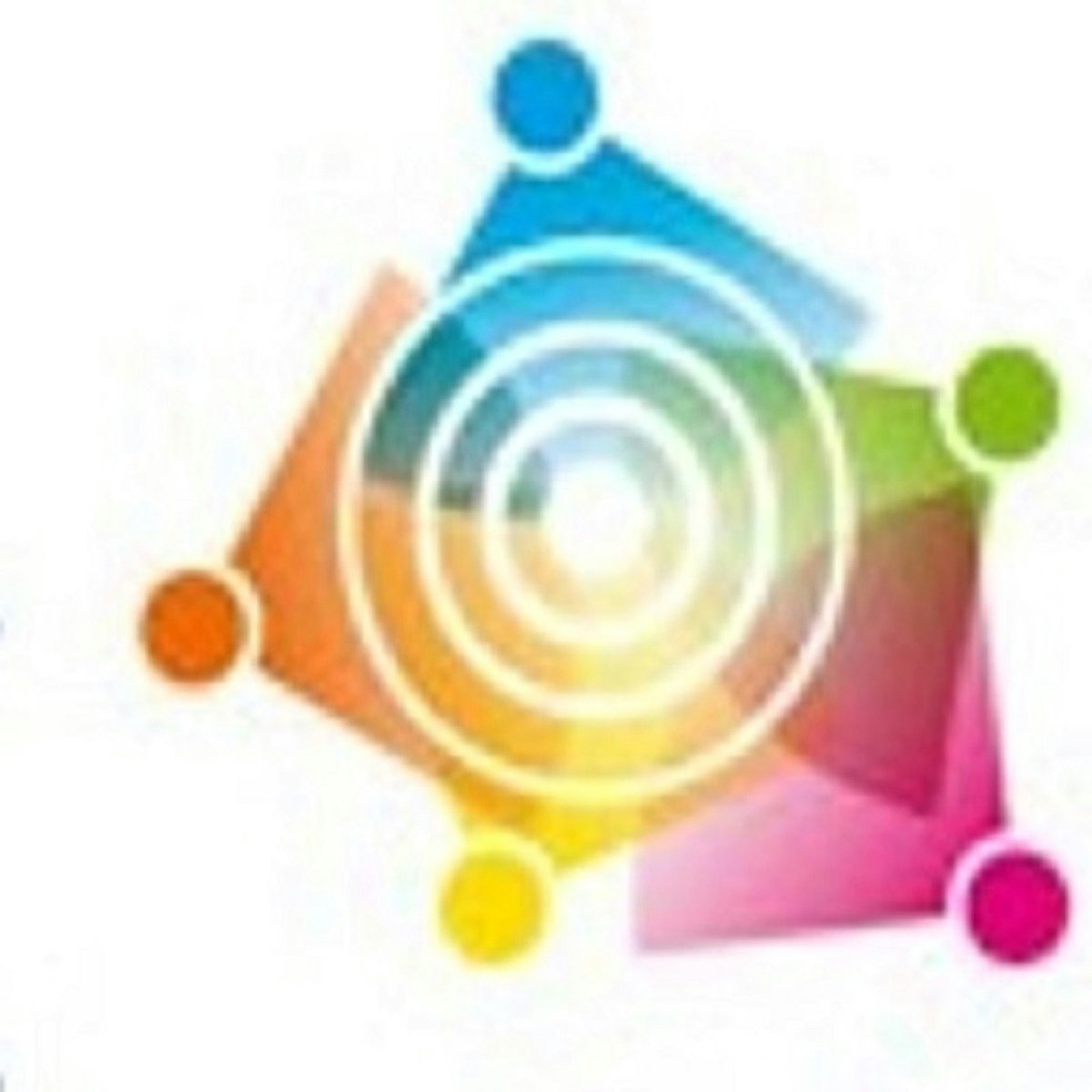


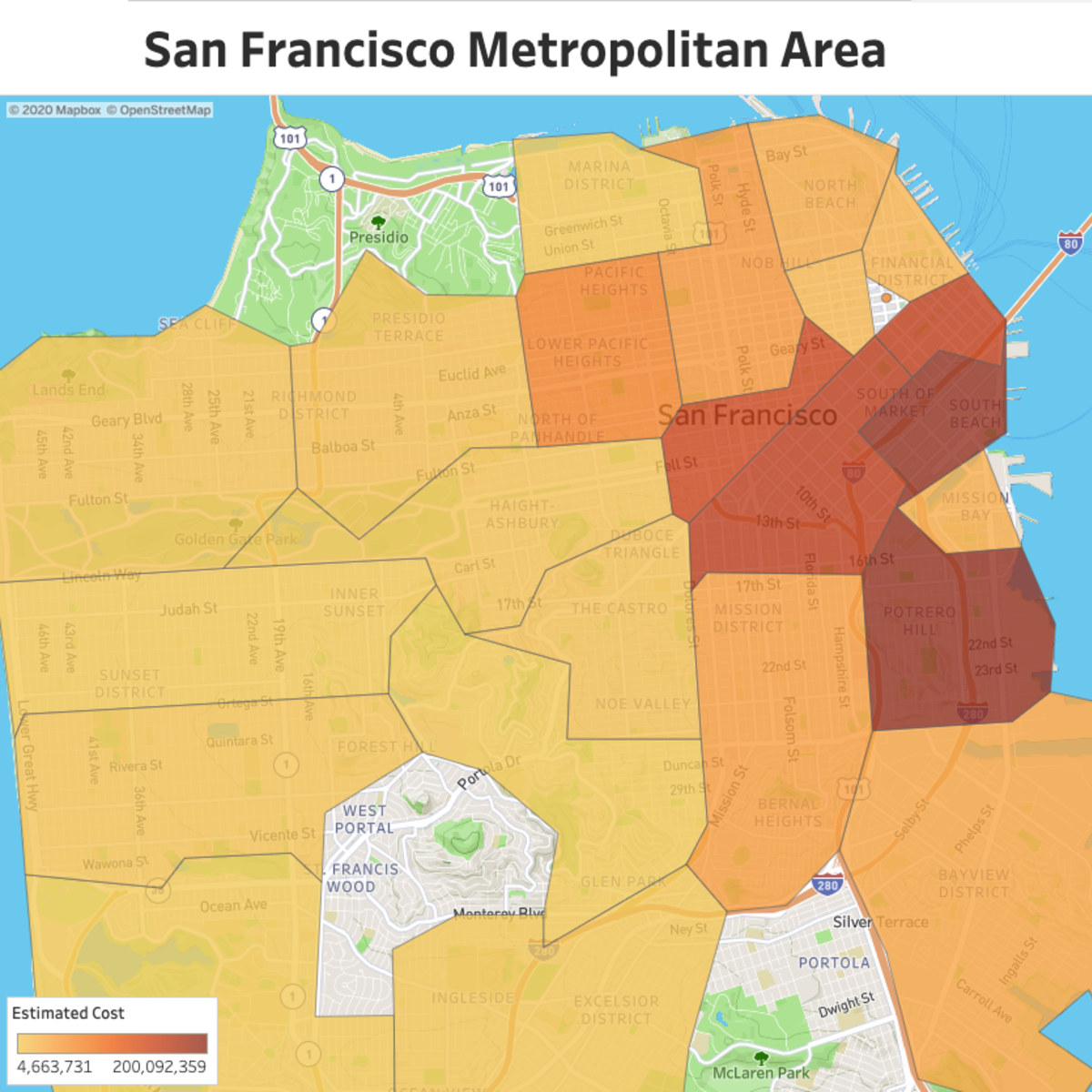
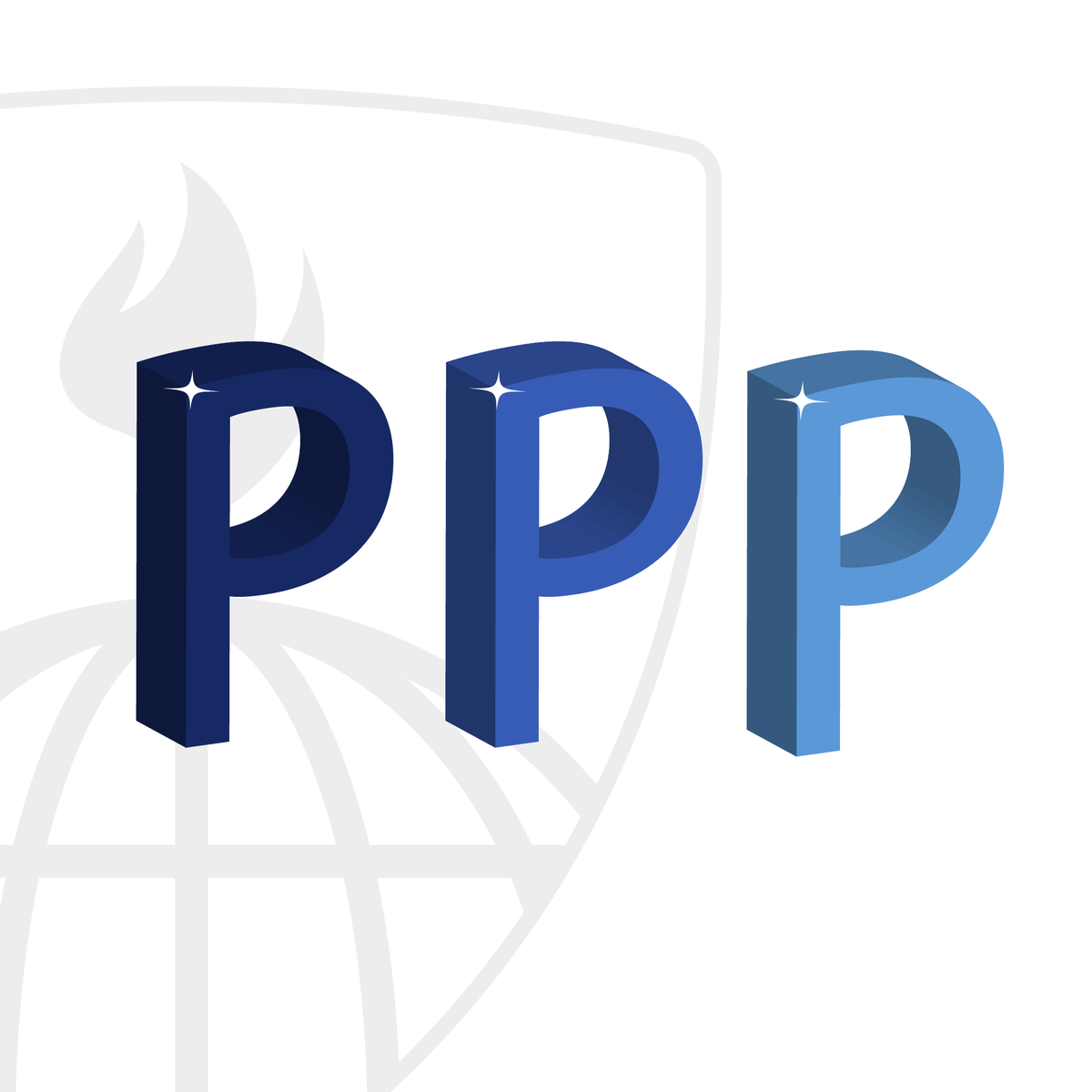
Social Sciences Courses - Page 67
Showing results 661-670 of 672

Making Successful Decisions through the Strategy, Law & Ethics Model
Successful decision making is based on three key pillars: strategy, law and ethics. After taking this course you will be able to use a practical framework based on these three elements to make successful business, personal and leadership decisions.
This course opens with an example of a leadership decision: President Barack Obama’s strategic decision to capture or kill Osama bin Laden. The course then shows how the three elements can be used to prevent a tragedy when making a personal decision.
The rest of the course focuses on making successful business decisions. In essence, to achieve business and career success, you must create value (strategy) and manage risk (law) in a responsible manner (ethics).
Because the Law Pillar plays a central role in the three pillar model, the course includes practical legal briefings (with many examples) on the key elements of business success. Specifically, the course shows you how to:
• attract the best employees,
• develop successful products,
• create new business models,
• protect intellectual property,
• create contracts that achieve business goals, and
• use dispute resolution processes that improve business relationships.
Using a global perspective, the course also provides an introduction to international business culture for learners from the United States, and an introduction to the U.S. business culture for learners from outside the U.S.

Creating a Portfolio
This course integrates all the learning from the first three courses and guides the learner about ways of building a portfolio of strategies and integrating the same into a hedge fund.
In the first part of the course, you will be taught ways of measuring the contribution of a strategy to a portfolio in terms of risk and return. You will be able to appreciate the consequences of including a strategy to a new as well an existing portfolio.
Next, you are taught various ways of conducting the tilting analysis in order to determine the optimal weight to be placed on each strategy. After this you will learn to develop techniques for minimizing overall portfolio risk.
You will also get a basic overview of the regulatory framework that is applicable to hedge funds. You will know about different types of investors and the expectations of each type of investors.

Sustainability through Soccer: Systems-Thinking in Action
This course takes learners on a journey through a progression of systems-thinking and sustainability concepts. Using the beautiful game of soccer (also known as football in many parts of the world) as an analogy, we'll work together to illuminate real-world interdependencies (such as between climate change and human rights), building the chain of concepts in a fun, accessible way. Soccer/Football nerds and newbies alike will be entertained and, ultimately, rewarded with the epiphanies that come from seeing in systems more clearly.
Those who complete the course will: create examples of systems parts, boundaries, and behaviors related to sustainability (and soccer/football); practice evaluating the sustainability of systems they care about using several complementary methods; generate ideas to improve the sustainability of a system they care about; and explain a mindset shift that would enhance the sustainability of a system they care about.

Problem-Solving Skills for University Success
In this course, you will learn how to develop your Problem Solving and Creativity Skills to help you achieve success in your university studies. After completing this course, you will be able to:
1. Recognise the importance and function of problem solving and creative thought within academic study and the role of critical thought in creative ideation.
2. Develop a toolkit to be able to identify real problems and goals within ill-defined problems
3. Recognize and apply analytical problem solving techniques
4. Recognise and apply creative problem solving techniques
5. Identify the use of creativity within and types of problems most common to your field
6. Apply learnt problem solving and creative ideation skills to a real-life context and reflect on personal learning processes

Unleashing the Impact of your Social Enterprise
In Course 3 of this Specialization you will first of all learn about Social Impact Assessment. Hence you will be able to develop a method to evaluate the social mission that you achieve while implementing your business plan. Next you will outline an appropriate communication strategy for your social enterprise and will demonstrate how to market your products and services to beneficiaries and other customers. Here you will employ an adaptable communication strategy as you move from early adopters to a broader market share.
Furthermore you will determine growth strategies and how you can scale or replicate your business plan internationally in order to reach a larger number of beneficiaries. In particular you will discuss organic growth, social franchising, and an open source approach. Finally, you will evaluate exit strategies. Thus you will review options social enterprises have when they need to finance their growth but the original funders can not or do not want to finance the expansion.
Course 3 will be completed by your Capstone project, which will ask you to submit the final business plan of your social venture.
Note: It is highly recommended to have completed Course 1 & 2 of the Social Entrepreneurship Specialization before starting this Course!

The Social Dimensions of Antimicrobial Resistance
Sonar-Global is a collaborative work to mobilize social sciences against infectious threats. It is a sustainable international network to strengthen the active participation of the social sciences in the prevention and response to infectious threats, including those posed by antimicrobial resistance (AMR) and vaccine hesitancy.
The Sonar-Global's Social Dimensions of Antimicrobial Resistance MOOC is an independent course for non-social scientists who want to know more about the social dimensions of AMR. Furthermore, the course is also the basis for the OPERATE-SOC AMR curriculum, which is a curriculum developed for trainers who need to provide interdisciplinary training about the social dimensions of antimicrobial resistance to non-social scientists. This MOOC includes lectures on important social science dimensions by 19 social science experts in the field of AMR, and it has been fully developed by social scientists.
The training objectives of this MOOC are:
• To provide a guided introduction to the social dimensions of AMR
• To learn about the relevance of social science perspectives and approaches in the study of AMR
• To get introduced to the need for interdisciplinary collaboration with social scientists when working on AMR
• To serve as a basis for the Sonar-Global OPERATE-SOC curriculum
For more information, please visit the website: www.sonar-global.eu

Social Science Approaches to the Study of Chinese Society Part 2
This course is intended as a first step for learners who seek to become producers of social science research. It is organized as an introduction to the design and execution of a research study. It introduces the key elements of a proposal for a research study, and explains the role of each. It reviews the major types of qualitative and quantitative data used in social science research, and then introduces some of the most important sources of existing data available freely or by application, worldwide and for China. The course offers an overview of basic principles in the design of surveys, including a brief introduction to sampling. Basic techniques for quantitative analysis are also introduced, along with a review of common challenges that arise in the interpretation of results. Professional and ethical issues that often arise in the conduct of research are also discussed. The course concludes with an introduction to the options for further study available to the interested student, and an overview of the key steps involved in selecting postgraduate programs and applying for admission. Learners who complete the course will be able to make an informed decision about whether to pursue advanced studies, and should be adequately prepared to write an application for postgraduate study that exhibits basic understanding of key aspects of social science research paradigms and methodologies.
Explore the big questions in social science and learn how you can be a producer of social science research.
Course Overview video: https://youtu.be/QuMOAlwhpvU
Part 1 should be completed before taking this course: https://www.coursera.org/learn/social-science-study-chinese-society

Energy Justice: Fostering More Equitable Energy Futures
Are you motivated by the idea that social justice can be served by the energy transition, but are not sure how to make this happen?
Do you want to grow your ability to recognize - and do something about - injustice in the energy space?
Are you a sustainability or environmental professional eager to help design just energy systems?
Do you wonder how to help advance equity in your community’s energy decisions?
This course is for you!
Energy is the lifeblood of the modern way of life. Yet not everyone has equal access to its benefits, and the environmental and social costs of producing, transporting, and using it are not evenly distributed. In this course you will explore the idea and practice of energy justice: what does it look like? Why are societies struggling to achieve it? What do we mean by sociotechnical energy systems, and how can we make them more equitable?
The purposes of this course are (1) to introduce individuals and organizations to the concept of energy justice and where it comes from, and (2) to help them build a toolkit to identify and leverage opportunities to increase fairness and equity in energy-related decisions and actions. After completing this course, learners should be better equipped to recognize and confront energy injustice in their personal and professional lives, and to help envision and foster energy justice in society.
Course Learning Objectives
At the end of this course, students will be able to:
• Define energy justice and explain its relationship to environmental justice, climate justice, and energy democracy
• Define structural inequity and describe the impact of historical racism on today's energy systems
• Describe the social complexity of energy systems as well as their major physical elements
• Identify and explain key energy justice principles and frameworks
• Distinguish between multiple forms of injustice in energy systems and analyze potential remedies
• Discuss energy injustice and structural inequality with fluency
• Identify and assess energy injustices in personal, professional and civic contexts
• Design strategies to integrate energy justice into professional work and civic life
• Advocate for energy justice as an essential element of energy transitions and climate change mitigation
• Envision more just energy futures

Analyze City Data Using R and Tableau
By the end of this project, you will create, clean, explore and analyze San Francisco’s building permit public data. We will use OpenStreetMap API to find the geo-coordinates of buildings using R and RStudio and we will analyze the final results in Tableau. You will learn basic data cleaning techniques using R, create a function to make requests to the OpenStreeMaps API and leverage Tableau to generate insights.
Note: This course works best for learners who are based in the North America region. We're currently working on providing the same experience in other regions.
The People, Power, and Pride of Public Health
The People, Power, and Pride of Public Health provides an engaging overview of the incredible accomplishments and promise of the public health field. The first module includes interviews with legendary public health figures whose work led to millions of lives saved with vaccines, air bags and car seats, and the federal Women Infants and Children (WIC) nutrition program. The second module brings key public health tools to life -- including use of data, communications, and policy - through discussions with experienced professionals who have used these tools to save lives. The third module includes a "Carpool Karaoke"-style trip through Baltimore County, Maryland with NACCHO President Dr. Umair Shah to see and hear real public health workers talking about how they serve their communities.
Learners will come away from this course with a deeper understanding of the public health field and a greater enthusiasm for their own work in public health.
Preview the course on YouTube: goo.gl/RXKbUr
Popular Internships and Jobs by Categories
Browse
© 2024 BoostGrad | All rights reserved


